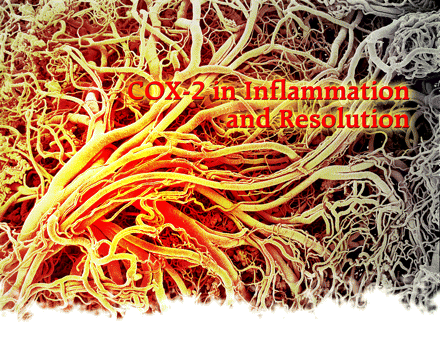COX-2 in Inflammation and Resolution
Abstract
Aspirin and the other NSAIDs have popularized the notion of inhibiting prostaglandins as a common anti-inflammatory strategy based on the erroneous premise that all eicosanoids are, within the context of inflammation, generally detrimental. However, our fascination with aspirin and the emergence of COX-2 has shown a more affable side to lipid mediators based on our increasing interest in the endogenous control of acute inflammation and in factors that mediate its resolution. Epilipoxins, for instance, are produced from aspirin’s acetylation of COX-2 and together with Resolvins and COX-2–derived prostaglandins of the D2 and J2 series represent an increasingly important family of immunoregulatory lipid mediators with strong implications for disease control and drug discovery.

- © American Society for Pharmacology and Experimental Theraputics 2006



